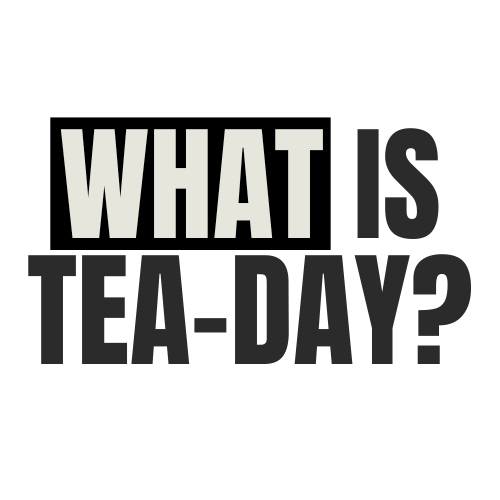Holiday Food Drive for Needy Animals Day
Holiday Food Drive for Needy Animals Day is observed annually on December 22nd as a special time to raise awareness and support for homeless, abandoned, or at-risk animals. It highlights the critical needs of animals in shelters and rescue organizations, particularly during the holiday season when resources are often stretched thin. This day encourages communities to come together to donate food, supplies, and funds to ensure animals in need are well-cared for.

App Day
National App Day is observed annually on December 11. Created in 2017 by C.J. Thompson, founder of Platinum Edge Media, to honor the growing influence of mobile apps. The holiday celebrates how apps have evolved from early desktop utilities to vital tools across mobile ecosystems since the launch of the App Store (2008) and Google Play. The day honors the innovation, convenience, and ubiquity of apps in everyday life and highlights the economic impact and job creation supported by the app industry globally.

Here are some notable historical events, births, and deaths that occurred on December 11th:
Historical Events
1816: Indiana becomes the 19th U.S. state.
Indiana was admitted to the Union, adding to the growing roster of U.S. states during the early 19th century.
1936: Edward VIII abdicates the British throne.
King Edward VIII stepped down to marry Wallis Simpson, an American divorcée, making way for his younger brother Albert (George VI) to become king.
1941: Germany and Italy declare war on the United States.
Four days after the Japanese attack on Pearl Harbor, Adolf Hitler and Benito Mussolini declared war on the U.S., which reciprocated the same day, officially bringing America into World War II’s European theater.
1946: UNICEF is founded.
The United Nations General Assembly established the United Nations International Children’s Emergency Fund to provide emergency food and healthcare to children in countries devastated by World War II.
1981: El Mozote massacre in El Salvador.
Salvadoran armed forces killed more than 800 civilians in El Mozote during the Salvadoran Civil War. It is considered one of the most horrific massacres in Latin American history.
1994: First meeting of the World Trade Organization (WTO).
The WTO, which regulates international trade, convened its inaugural meeting in Geneva, Switzerland.
Notable Births
1475: Pope Leo X.
Born Giovanni di Lorenzo de’ Medici, he became Pope in 1513 and played a significant role during the early Protestant Reformation.
1803: Hector Berlioz, French composer.
Known for his dramatic and innovative compositions, such as the “Symphonie fantastique.”
1843: Robert Koch, German microbiologist.
A Nobel Prize winner, Koch is celebrated for his discoveries of the causative agents of diseases such as tuberculosis, cholera, and anthrax.
1918: Alexander Solzhenitsyn, Russian novelist and historian.
Solzhenitsyn was awarded the Nobel Prize in Literature in 1970 for his works exposing life in the Soviet Union’s labor camps, such as The Gulag Archipelago.
1922: Grace Paley, American author and activist.
Paley was a celebrated short story writer and feminist who blended personal narratives with political commentary.
Notable Deaths
1241: Ögedei Khan, second Great Khan of the Mongol Empire.
The third son of Genghis Khan, Ögedei expanded the empire to its largest size during his reign.
1840: Emperor Kōkaku of Japan.
He ruled from 1780 to 1817, overseeing a period of relative peace and prosperity in Japan.
1889: Robert Browning, English poet.
Browning was a master of dramatic monologues and one of the Victorian era’s most celebrated poets.
1930: Thomas Edison, Jr., American inventor.
Son of the famous Thomas Edison, his life was marked by struggles to live up to his father’s legacy.
2012: Ravi Shankar, Indian sitar virtuoso.
Shankar was a legendary musician who popularized Indian classical music worldwide and influenced artists such as The Beatles.


